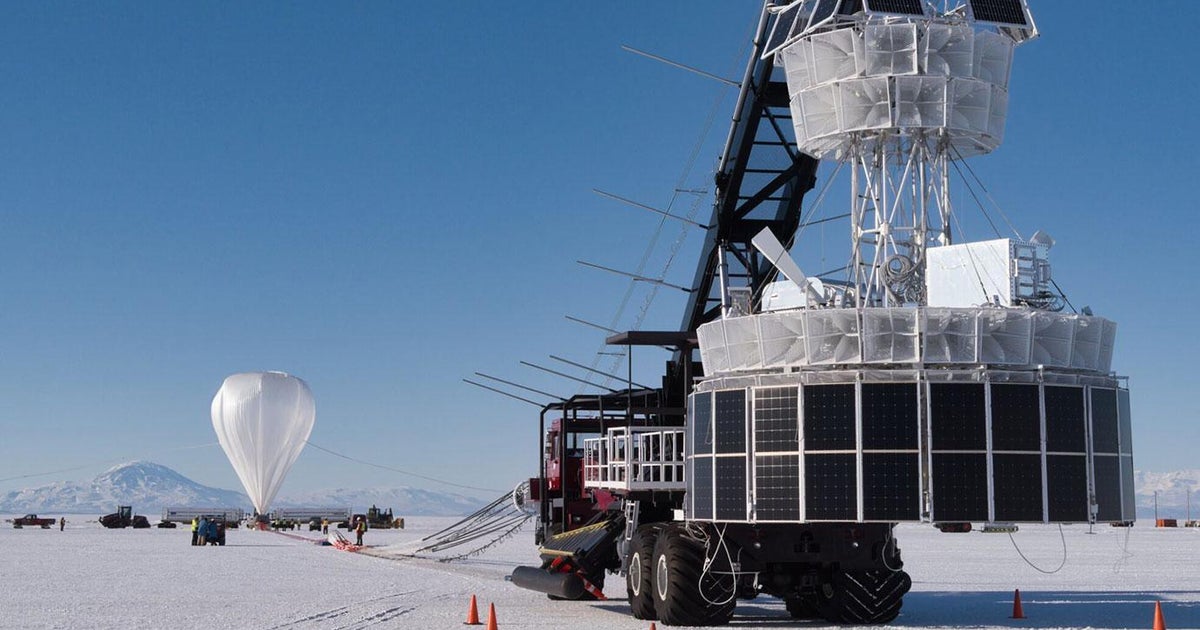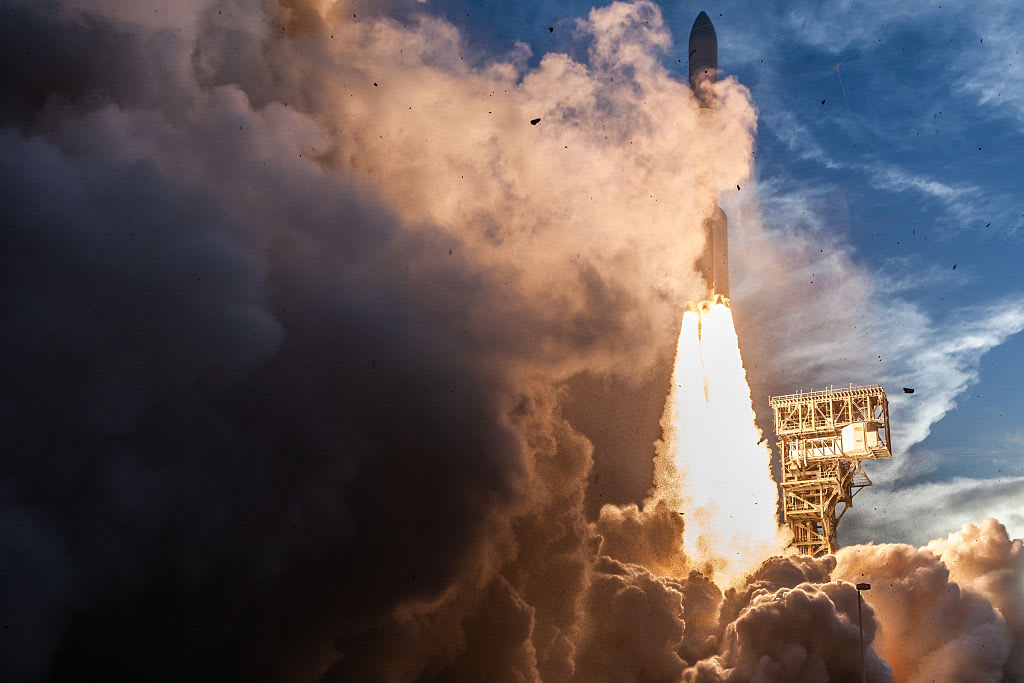How to spot 5 planets and the crescent moon without a telescope this weekend
Comet Neowise isn't the only cosmic phenomenon visible in the sky this weekend. On Sunday, July 19, skywatchers will be able to look up and spot five planets and the crescent moon — all without even using a telescope.
Mercury, Venus, Mars, Jupiter and Saturn, as well as the moon, will be close enough and bright enough to spot with the naked eye on Sunday, NASA said.
To see the show, you'll want to set an early alarm. You'll be able to spot the five planets plus the moon about 45 minutes before sunrise if you have a clear view of the horizon, according to astronomer Dr. Jeffrey Hunt.
Four of the five planets will appear like extremely bright stars. Venus will be visible low in the east-northeast, Mars in the south-southeast, and Jupiter and Saturn in the west-southwest, the Griffith Observatory said.
Mercury is the toughest to spot, and the use of binoculars will help bring it into focus. It will be located to the right of the moon, in the east-northeast, and appear like a small, red dot.
"Make a fist and stretch your arm. Five degrees is about the distance from your thumb knuckle to your pointer finger knuckle," Hunt recommends.
A basic pair of binoculars will also bring into focus Jupiter's largest moons — Io, Europa, Ganymede and Callisto.
While you will only be able to see Venus and Mercury before dawn, it's also easy to spot Jupiter, Saturn and Mars in the evening. A skywatching tool, like Google Sky or Star Walk, may help eager viewers locate the planets in the sky.
The phenomenon will be visible in both the northern and southern hemispheres. All five planets will be in the sky for a few days, but Sunday is the only day that the crescent moon will also be visible.
Hunt said that Uranus, Neptune and Pluto are also in the sky between Venus and Jupiter, but a telescope is needed to spot the trio.
Very bright Jupiter and golden Saturn are having a great conjunction in 2020, when they will meet in the sky. The last great conjunction was May 28, 2000 and the next one comes December 21, 2020.



